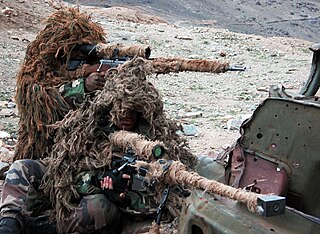If a war breaks out, we act rationally to protect ourselves and our possessions. In doing this, it is important to judge the different possible outcomes. If a war is against a relatively benign power, no action needs to be taken. It may even be to our advantage if the perceived enemy wins. This was the case for Hong Kong which became one of the world's freest places under foreign occupation. The British ruling class gave more freedom to the people of Hong Kong than they did to their own subjects.
However, when Lithuania was taken over by Soviet communists at the end of World War 2, people with property were rounded up and transported to Siberia or shot on the spot. Sensing this outcome from the start, rational citizens would have taken early precautions. Joining a local militia, taking a boat to Sweden, laying low, or some combination of this would be the sensible thing to do.
Citizens of the 5th Empire need to resist the temptation to become emotionally attached to a nation. We must be prepared to leave our homelands when pragmatics demand this. We must also be as discrete as possible when it comes to our wealth. People who seek to rule do so for the ultimate goal of gaining direct control of our lives and properties. We should not make ourselves easy targets for such people. They have many followers who will gladly act as their executioners in times of upheaval and crisis.
However, as a society drifts more towards the 5th Empire, the threat of violence against citizens recedes. The police and armed forces unwind. Conscription is abandoned. Arbitrary laws are revoked. Taxation is reduced and property becomes better protected.
Citizens of the 5th Empire are protected by private security companies. They also have easy access to weapons. This means that an occupying force will find it difficult to extract taxes from them.
With no central authority, there is no parliament to take hold of. There is no police force, and no tax office. All of this will have to be re-established. For this reason, privately organized societies are hard to conquer. Armies find themselves bogged down, with citizens taking pot shots at soldiers whenever the chance arises.
With such a huge cost, and little prospect of immediate revenues, tyrants think twice before invading a territory with little to no central government. During World War 2, Switzerland was in this position, and was therefore spared both the war and the occupation that other nations endured.
On the other hand, weak armies, coupled with strong centralized governments, make nations prime targets for war. Holland had a strong central government, but hardly any army at the outbreak of World War 2. Occupation happened virtually without resistance. The strong internal organization of the Dutch state made it an effective tool in the hands of the Nazis. People were rounded up and sent to concentration camps. Others found themselves trapped, without access to food. Many suffered starvation and death as a consequence.
When it comes to war, the most exposed territories are those with strong central governments and weak armies. Territories with strong armies are less exposed. However, the least exposed are those with little to no central government, coupled with well armed citizens and private security.
What makes an area safe for civilians is not the size of its standing army but its internal organization.
 |
| Snipers |
By davric - collection personnelle, CC BY-SA 3.0, Link
No comments:
Post a Comment